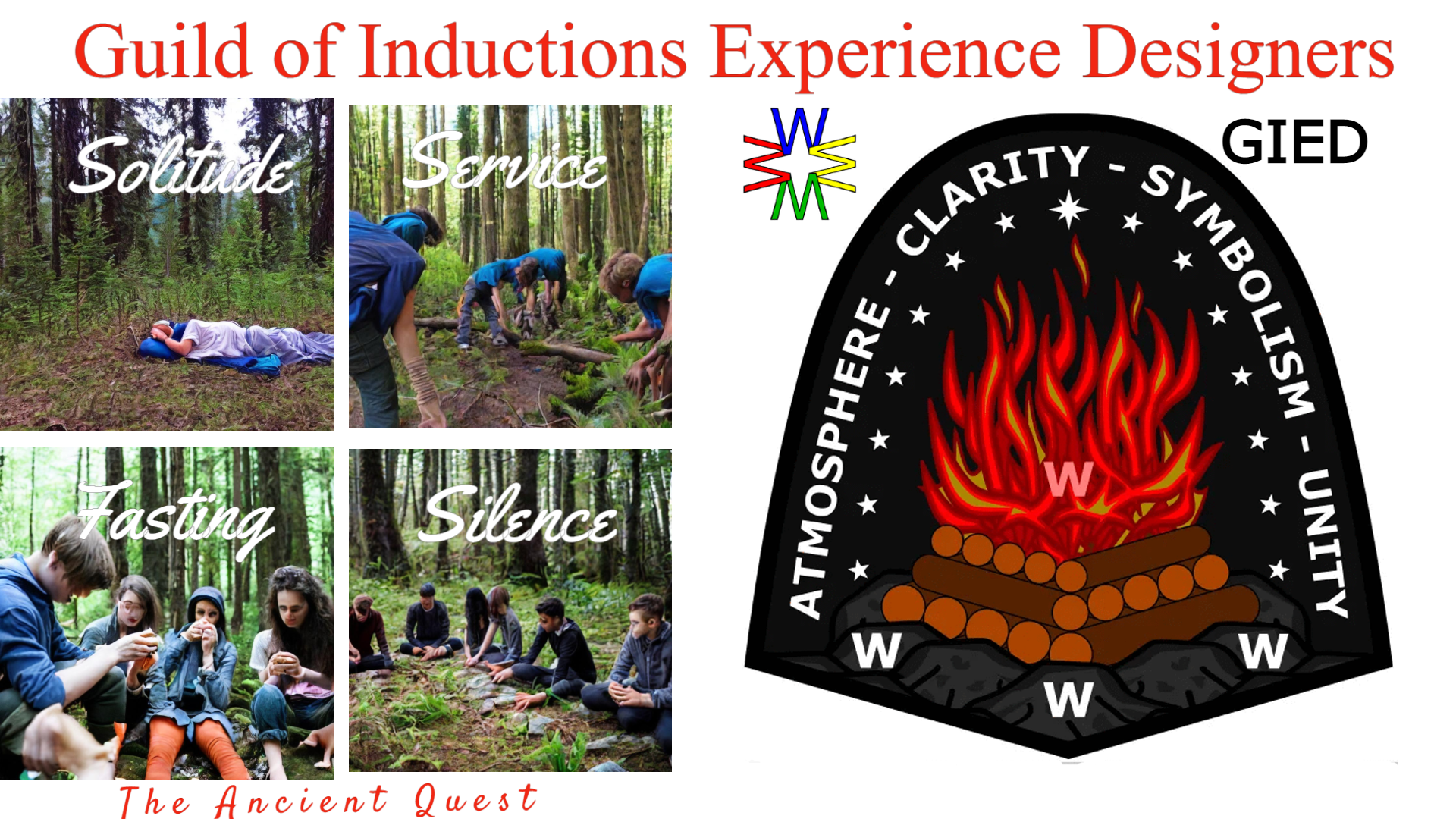“I do hereby promise, on my honor as a Scout, that I will always and faithfully observe and preserve the traditions of the Order of the Arrow, Wimachtendienk, Wingolauchsik, Witahemui.”
The first sentence of our obligation requires us to “observe and preserve the traditions of the Order of the Arrow”. Many understand this as a pledge to defend every aspect of the OA program against change.
But does this even make sense?
- Our sashes changed drastically over the years. Should the OA members have refused to wear the new sashes?
- An extensively revised pre-Ordeal Ceremony was introduced in 1977. It was well received by the Order. But should everyone have opposed it instead as a “tradition” was being changed?
- Each one of our ceremonies (Ordeal, Brotherhood, and Vigil) were performed extemporaneously at first, with no written text. Should we still be doing ceremonies without written texts, with every ceremonialist making it up as they go along?
- There was no Ordeal in 1915. The Ordeal started in 1916 as only work projects. The other three tests were developed over the next few years. Should we eliminate the Ordeal because it did not exist in 1915? Or go back to an Ordeal with only one test?
- Our earliest pre-Ordeal Ceremony contained something that seemed a little like a baptism. So it was subsequently removed. Should we go back to the “traditional first pre-Ordeal ceremony”?
- An early Brotherhood Ceremony contained a practice that was later declared unsafe. Does our Obligation require us to retain unsafe practices?
- We used to give each candidate three taps on the shoulder in most lodge tapout ceremonies. Does our Obligation require us to return to practices that are youth protection violations?
- During the years leading up to the creation of the Elangomat system, many lodges had traditions of hazing and harassing Ordeal candidates. Should we abolish the Elangomat system to bring back those “traditions”?
None of the above makes any sense. That can’t be what is meant by “traditions”.
So, if our Obligation isn’t about opposing changes to the Order, then what are we pledging to do? Is the Obligation meaningless? Let’s repeat that first sentence of our Obligation with the three words in the Delaware Language translated to English:
“I do hereby promise, on my honor as a Scout, that I will always and faithfully observe and preserve the traditions of the Order of the Arrow, Brotherhood, Cheerfulness, Service.”
The “traditions” of the Order of the Arrow are our three principles: Brotherhood, Cheerfulness, and Service. We are pledging to “observe and preserve” the fundamental foundation of the Order, its principles. Does it make any sense to “observe” a particular way of doing things in the OA? Not really. But it does make sense to observe the principles of the Order, just as we observe the Scout Oath and Law. Does it make any sense for each of us to be pledged to oppose changes, even though we have no control over that? No. But it does make sense for each of us to pledge to carry the principles of the Order back to our Scout units by our example. And forward throughout the rest of our lives. This interpretation makes the Obligation of the Order similar to the Scout Oath and Law. It enumerates life principles.
Is this interpretation consistent with the second sentence? Let’s look at it, with those three principles emphasized:
“I will always regard the ties of brotherhood in the Order of the Arrow as lasting, and will seek to preserve a cheerful spirit, even in the midst of irksome tasks and weighty responsibilities, and will endeavor, so far as in my power lies, to be unselfish in service and devotion to the welfare of others.”
With the “traditions” being Brotherhood, Cheerfulness, and Service, the two sentences work together. Each says exactly the same thing. We pledge to follow the principles of the Order in our lives. The first sentence is a formal and structured statement. The second repeats it in verbose explanatory text.
So, our Obligation is lifetime guidance for each member. It is not intended to be a way to evaluate changes to the Order. But does it give any guidance regarding potential changes? Yes, it does.
In looking at potential changes, we should first go back to Scouting basics. What do the Scout Oath and Law suggest? Is the proposal Trustworthy (true rather than misleading)? Is it Helpful (candidates understand better)? Friendly (toward candidates and others)? Cheerful (upbeat not negative)? Clean (clean speech)? Reverent (respectful of religions other than our own including Native American)?
Does it foster the Order’s principles of Brotherhood, Cheerfulness, and Service? Does it help us develop these principles in ourselves and others?
Finally, the Ten Induction Principles are intended to help lodges decide if a particular proposed change is good or not. So any change involving the Induction should be evaluated using these principles as well.


No Comments